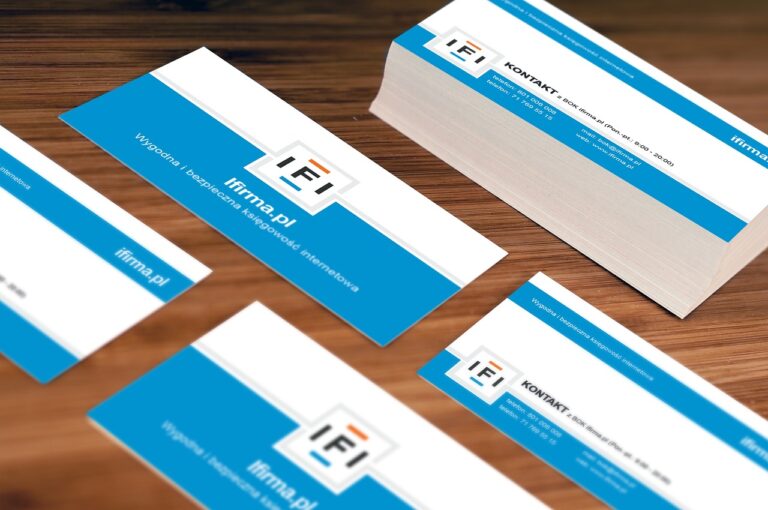The Power of Experiential Marketing in Driving Customer Engagement
Experiential marketing is a strategy that emphasizes creating immersive and engaging experiences for consumers to interact with a brand on a personal level. Unlike traditional marketing approaches that primarily focus on conveying product features and benefits, experiential marketing aims to forge a deeper emotional connection with customers by involving them in memorable and participatory experiences. The core principle of experiential marketing is to shift the focus from passive consumption to active engagement, allowing consumers to directly experience a brand’s values, personality, and offerings in a more tangible and meaningful way.
By immersing consumers in interactive experiences, experiential marketing can evoke powerful emotions and sensory stimuli that leave a lasting impression. Through events, installations, or digital engagements, brands have the opportunity to create unique moments that resonate with individuals on an emotional and personal level. This approach enables companies to differentiate themselves in crowded markets, build stronger relationships with customers, and ultimately drive brand loyalty and advocacy through memorable and impactful experiences.
How Experiential Marketing Creates Emotional Connections with Customers
Experiential marketing is a powerful tool that helps brands connect with their customers on a deeper emotional level. By immersing consumers in memorable experiences, brands can evoke feelings of joy, excitement, nostalgia, or even surprise. These emotions create a lasting impression that goes beyond just a transaction, fostering a sense of connection and loyalty towards the brand.
Through experiential marketing, customers are not passive observers but active participants in the brand story. By engaging in hands-on experiences, customers become personally invested in the brand’s narrative, making the relationship more meaningful and authentic. This personal connection leads to increased brand affinity, as customers feel understood, valued, and appreciated by the brand.
The Role of Experiential Marketing in Building Brand Loyalty
Experiential marketing plays a crucial role in cultivating brand loyalty among consumers. By offering memorable and interactive experiences, brands can establish strong emotional connections with their target audience. These experiences go beyond traditional advertising methods, allowing customers to engage with the brand on a personal level.
Through experiential marketing, brands can create unique and immersive experiences that resonate with consumers. Whether through events, pop-up shops, or interactive campaigns, these experiences leave a lasting impression on customers and help to foster a sense of loyalty towards the brand. By making customers feel valued and understood, brands can build trust and loyalty that can lead to long-term relationships with their audience.
• Experiential marketing allows brands to create memorable and interactive experiences
• These experiences go beyond traditional advertising methods
• Brands can establish strong emotional connections with their target audience through experiential marketing
• Unique and immersive experiences resonate with consumers
• Events, pop-up shops, and interactive campaigns leave a lasting impression on customers
What is experiential marketing?
Experiential marketing is a strategy that engages customers on a personal and emotional level through live experiences, events, and interactions.
How does experiential marketing create emotional connections with customers?
Experiential marketing creates emotional connections by providing customers with memorable and meaningful experiences that go beyond traditional advertising and create a lasting impression.
What role does experiential marketing play in building brand loyalty?
Experiential marketing plays a crucial role in building brand loyalty by creating positive associations and memorable experiences that foster a strong connection between customers and the brand. This leads to increased customer loyalty and repeat business.







